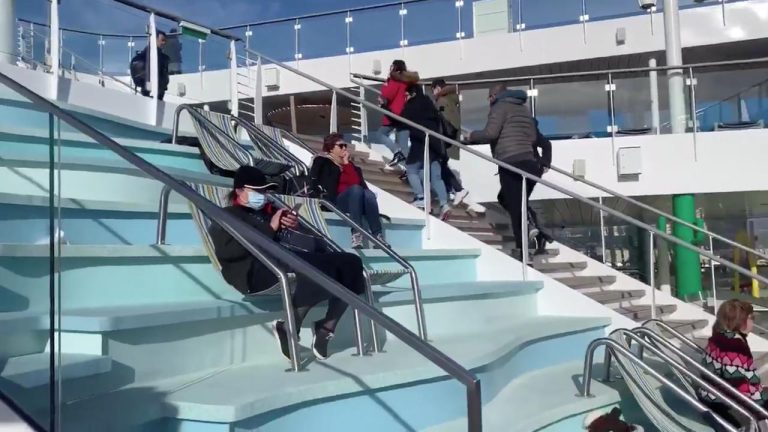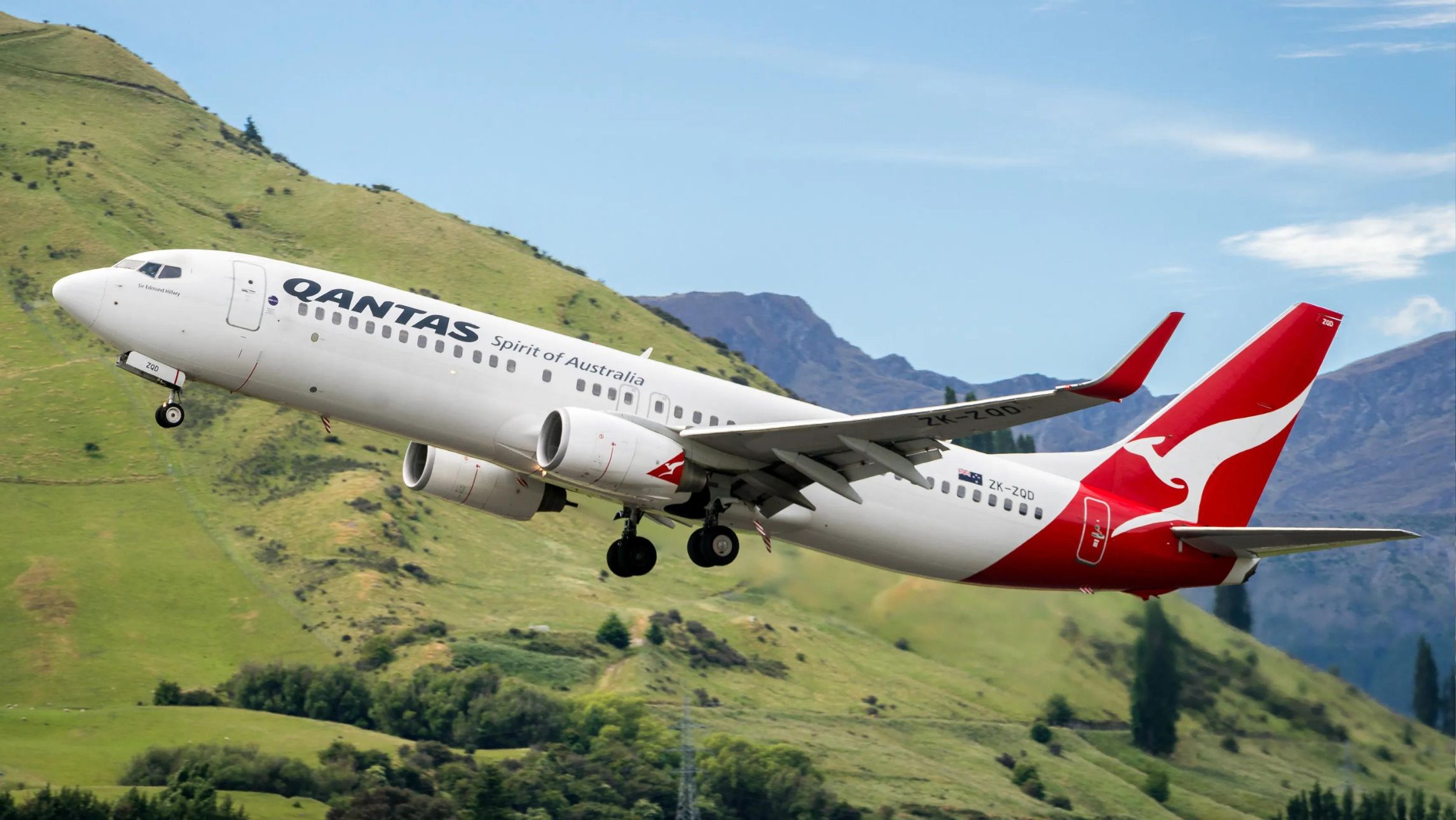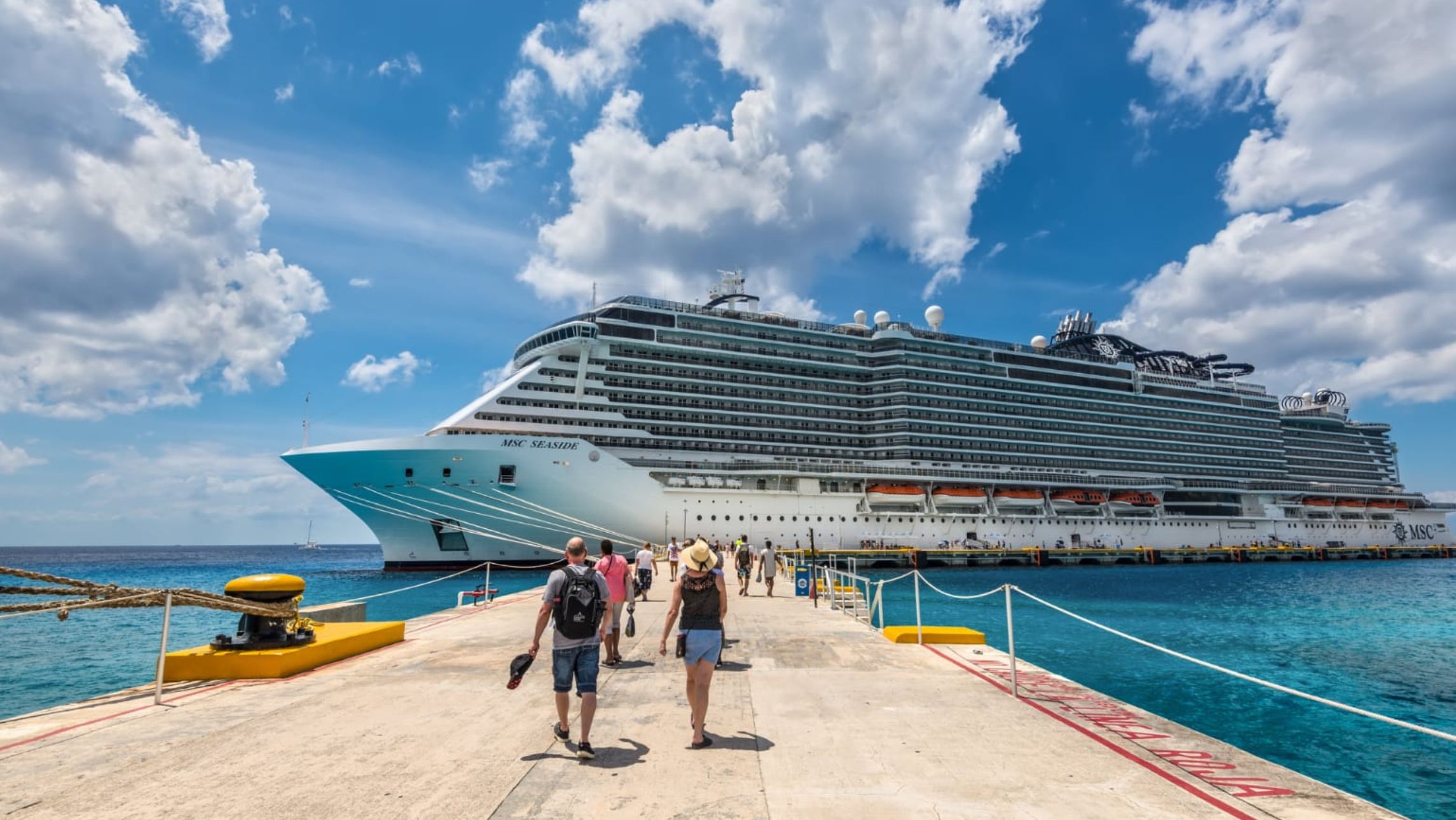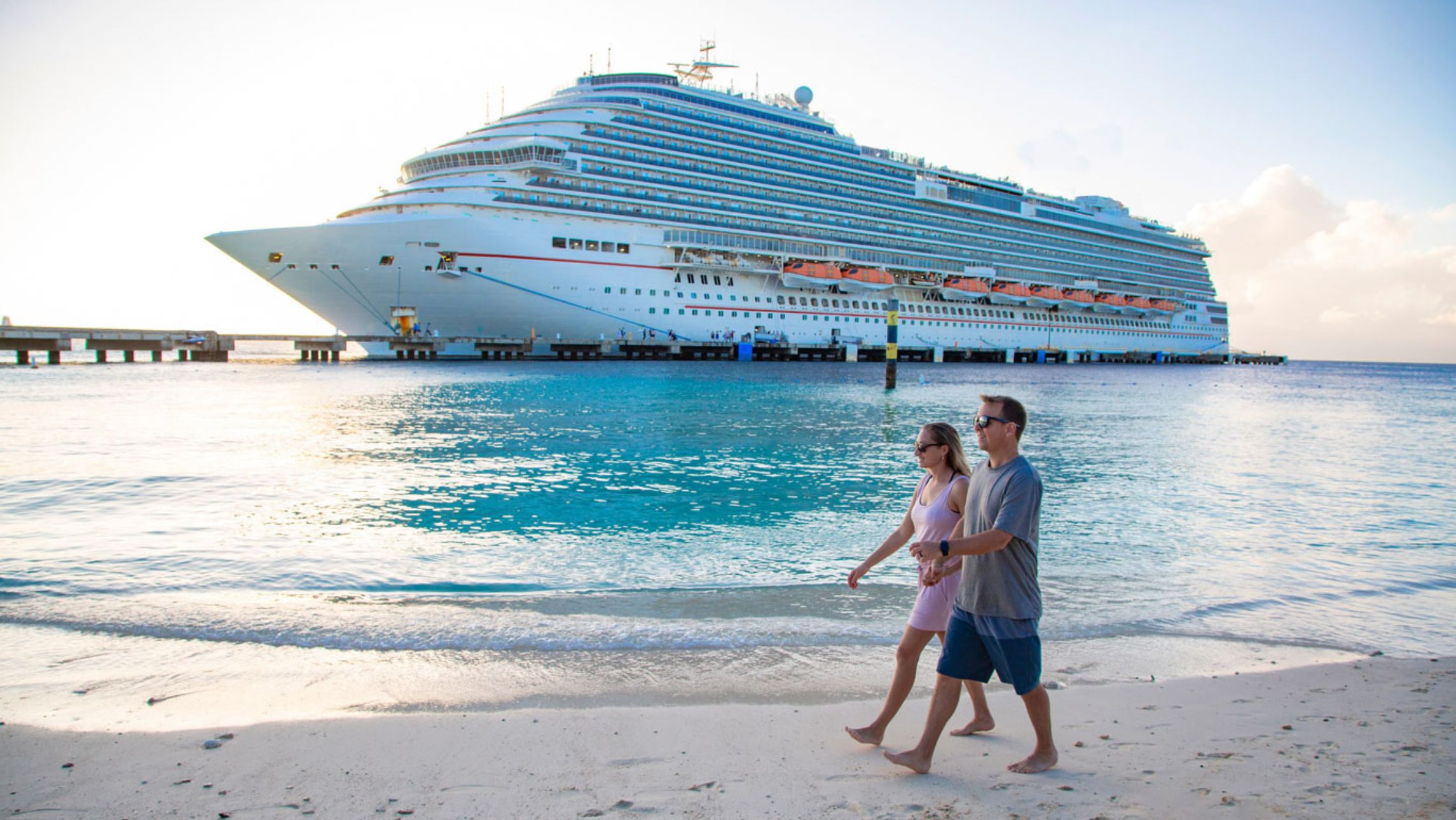Will your insurance cover a trip cancelled because of the coronavirus?
With the world focused on the outbreak of the coronavirus, the impact is being felt on a wide scale throughout the travel industry. In particular, there has been much confusion about insurance for travellers, as many are unsure whether they are covered or not.
The simple answer is, it depends on the insurance policy and what date you purchased it.
So read the fine print. If you do, you will find that many travel insurance policies may not offer coverage for epidemics, pandemics and disease.
Insurance separate two groups
There are two distinct groups, says the Insurance Council of Australia, those travelling and those planning to travel. Some travel insurance policies may cover travellers in the affected region for medical expenses related to coronavirus if they commenced the travel before the DFAT (Department of Foreign Affairs and Trade) advisory was lifted to level 4, for the Hubei region, on 23 January, when the outbreak became a known event. Policies purchased after that date are unlikely to be covered for coronavirus-affected travel.
Some policies cover travellers who have decided to cancel the remainder of their trip – if they’re already in affected regions – before DFAT raised its travel advice to level 4.
What if you purchased insurance too late?
If you purchased travel insurance on or after 24 January, claim options for cancellations may still be available but would depend on your circumstances and your insurer. Although most policies will not cover you for a “change of mind” about travelling. The best advice is to read the product disclosure statement and call your travel insurer to check on your individual circumstance.Who is covering what
NIB, which includes Travel Insurance Direct and World Nomads brands, says it will “no longer cover claims arising from any event related to coronavirus for travel to and/or from China” on policies purchased after 5pm on 23 January. NIB has also excluded all affected travel to any destinations (not just China) for claims relating to the coronavirus.
Budget Direct says it does not cover claims “caused by an event you were already aware of when you bought the policy” and sets 20 January as the date when the coronavirus became a known event.
CoverMore says while some exclusions relating to the coronavirus apply, those who actually contracted the virus overseas will still be covered for medical expenses incurred.
After the World Health Organisation (WHO) deemed the event an international health emergency on 31 January, Insure and Go advised intended travellers to contact their airline, accommodation and tour providers to assess cancellation or rescheduling entitlements. If there were outstanding out-of-pocket expenses, it says those insured are entitled to submit a claim. When DFAT’s Smart Traveller website upgraded the travel advice warning to China to level 4 on 1 February, it advised it was unable to provide any further coverage to trips in China.
Costs for evacuated Australians
The Federal Government has reversed its decision to charge $1,000 to the more than 600 Australians evacuated from Wuhan to Christmas Island, as this would unlikely have been covered by most travel insurance policies.
After their Christmas Island immigration detention centre “stay” they would reportedly be dropped off in Perth, being forced to make their own way home. Qantas has confirmed it will now bear the cost of flying Australians back to their home cities.
Passenger experiences
An Australian woman who was booked to sail on Royal Caribbean’s Quantum of the Seas departing Singapore February 13 accepted the cruise line’s offer of a 100 per cent cruise credit if she does not wish to proceed with her cruise. The cruise was originally sailing via Thailand and Bangkok and finishing in Hong Kong but it is now concluding in Singapore.
Another Australian woman Sue Vaughan who booked to sail on Cunard from Singapore but had to cancel and re-book her independently-booked flights after a change in itinerary. Their sailing departing date of 13 February no longer has an overnight stay in Hong Kong, and the Bitung leg has also been cancelled.
Vanda Bagnall who is booked sail with P&O Cruises out of Brisbane to Barrier Reef on Pacific Dawn this Saturday was sent an advisory by the line saying: any guest who travelled from or through mainland China in the 14 days prior to embarkation of any one its Asia cruises will not be permitted to board. It says upon presentation of proof of booking, P&O Cruises will process a full refund of all amounts paid to P&O Cruises.
Cruises affected by coronavirus
Many cruise lines have changed ports of call to avoid those destinations affected by the outbreak of the coronavirus. Cruise Lines International Association says its members are continually assessing and modifying policies and procedures as developments emerge. This includes the modification of itineraries in light of evolving circumstances, as well as health, travel and contact screening where appropriate, for guests and crew who have recently travelled from or through the affected areas. Screening protocols allow for informed decisions on a case-by-case basis whether a guest or crew member will be denied boarding.
CLIA Members have suspended crew movements from mainland China and will deny boarding to any individual, whether guest or crew, who has travelled from or through mainland China within the previous 14 days.
In terms of compensation for cancelled cruises and modified itineraries, CLIA is urging passengers contact individual cruise lines for details.
The policies, for example, currently include:
Norwegian Cruise Line
- Guests or crew who have visited mainland China including Hong Kong and Macao within 30 days of their voyage embarkation, regardless of nationality, will not be allowed to board any vessels.
- Guests who are denied boarding will be issued a refund when they provide proof of travel.
- Guests who are unable to sail due to a high temperature will be advised to open a travel insurance claim with their insurance provider.
- For all guests, standard pre-boarding health reporting and evaluation will continue. Any guests who appear symptomatic are subject to pre-boarding medical evaluations including but not limited to temperature checks as deemed necessary.
- Any guest who exhibits symptoms of any respiratory illness while onboard will be subject to additional screening for coronavirus and may be subject to potential quarantine and disembarkation.
- NCL has implemented additional cleaning and disinfection protocols onboard.
Royal Caribbean Cruises
Royal Caribbean has applied these standards to all employees, crew members and contractors.
- Royal Caribbean will deny boarding to any individual who has travelled from, to or through mainland China or Hong Kong in the past 15 days. These guests will receive full refunds.
- There will be mandatory health screenings for guests who have been in contact with individuals who have travelled from, to or through mainland China or Hong Kong in the past 15 days; All holders of China or Hong Kong passports – regardless of when they were last in China or Hong Kong; Guests who report feeling unwell or demonstrate any flu-like symptoms; Any guest presenting with fever or low blood oximetry in the specialised health screening will be denied boarding.
- Royal Caribbean has cancelled all China and Hong Kong sailings through the end of February. Guests on cancelled cruises will also receive full refunds.
- Royal Caribbean have rigorous medical protocols in place to help passengers and crew members who feel unwell while sailing. Protocols include professional medical treatment; quarantine of unwell individuals from the general ship population; and intensified ship cleaning, air filtration, and sanitisation procedures.
Holland America
- Guests who have travelled from or through mainland China in the past 14-days will not be permitted to board the ship. This does not apply to Hong Kong, Macau and Taiwan. If a guest is not able to board Holland America will process a refund.
- Pre-Boarding medical evaluations, including temperature checks, for persons whom, for any reason, appear or identify as symptomatic; and standard pre-boarding health reporting advising of their reporting obligations for any illness or symptoms of an illness.
- Medical screening for coronavirus on all guests who visit the onboard Medical Centre with symptoms of any respiratory illness.
- Crew members from mainland China will be delayed from joining any ship until further notice. Crew members from other regions of the world who may have been scheduled to connect on flights through China have been rerouted.
- Additional environmental disinfection onboard will be performed in addition to regular stringent cleaning and sanitation protocols.
P&O
In a statement P&O advises it has adopted similar measures to other lines including entry restrictions and screening requirements for travellers from affected areas. The measures it has adopted include:
- Guests who have travelled from or through mainland China in the 14-days prior to sailing, will not be permitted to board the ship.
- Pre-boarding medical evaluations, including temperature checks, for persons with fever or respiratory symptoms.
- Standard pre-boarding health reporting for all guests advising them of their obligation to report any illness symptoms.
- Medical screening for coronavirus on all guests who visit our onboard medical centre with symptoms of respiratory illness.
- Reporting to local and national health authorities of all cases of fever and respiratory illness, and any patients with suspected coronavirus infection.
- Crew members from mainland China will be delayed from joining any ship until further notice.
- Environmental disinfection onboard will be performed in addition to our regular stringent cleaning and sanitation protocols.









We are travelling end of April Brisbane to Port Douglas too, family of 5 including my parents how are late 70’s and 80. This is very concerning, and not sure what to do, if we cancel at this stage loose 50% of payment. Would be nice to have a choice to transfer to another date due to the current situation which is growing now in Australia
Will have to double check our travel insurances, a fine line I think when it comes to this situation.
Going on P&O Sat 21st to PNG looking forward to it I just hope we dont give them something bad.
I think every one is over reacting to this there is no chance of getting it if everyone has had 14 days quarantine from where it is.
I have no problem going the ship it will be full of the same people I see every day.
Depending on who are insured with you can receive miss ports unless substitute ones in place. With this virus it also comes done ad to when you bought the policy. You would need a letter from the cruise line on their letterhead paper stating ports missed. Is it classified as a natural disaster. This is the question. If insurance companies can get put of paying they well.
We are cruising end of April from Brisbane to Port Douglas and a couple of other stops $4600 I have cancell anytime insurance I want to go my husband doesn’t want to go worried about the virus if I cancell I will only get $3000 back I booked this cruise 12 months ago not sure what to do
I’m in “the same boat”… wasting $3.5K as the cruise line is refusing to provide a full nor partial refund but I know my health and peace of mind is worth much more than that. Also, if I’d go I wouldn’t enjoy it at all as I would be freaking out with people coughing around me….that’s not a holiday, I’d rather stay!
If I cancel my cruise to Fiji & Vanuatu on the 25th Feb 2020, my insurance company will not refund the cost of our trip, so we have to take the risk.
Bit unfair that people who have been in China get a full refund, but at least 3 ports on our cruise itinerary to the South Pacific are now closed and we aren’t entitled to any compensation. Would rather not go on the cruise but it’s $3500 down the drain.